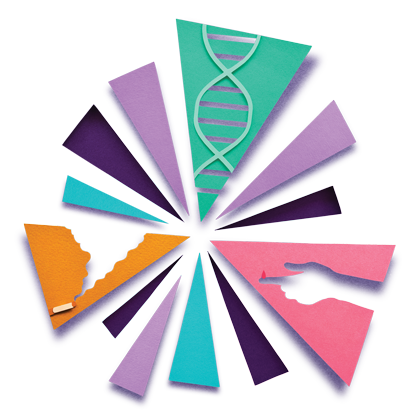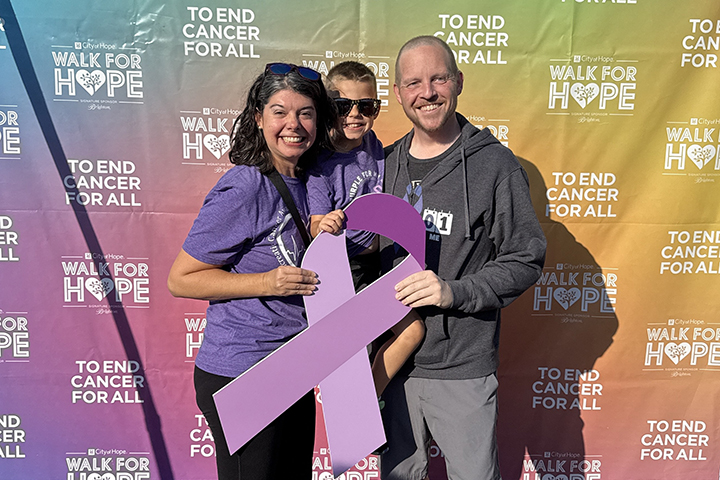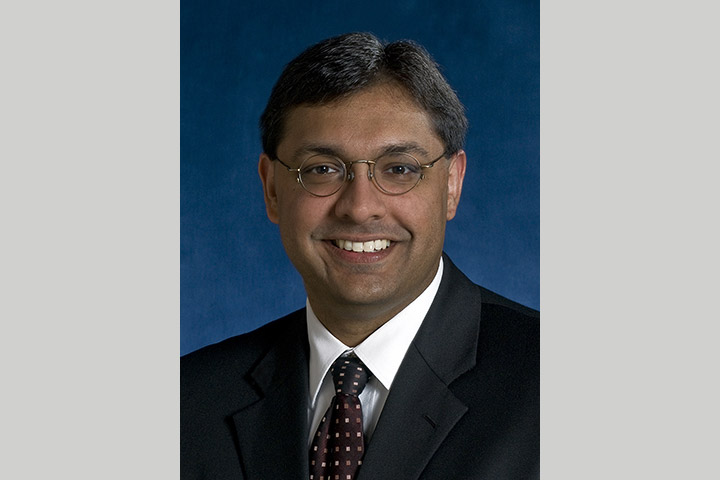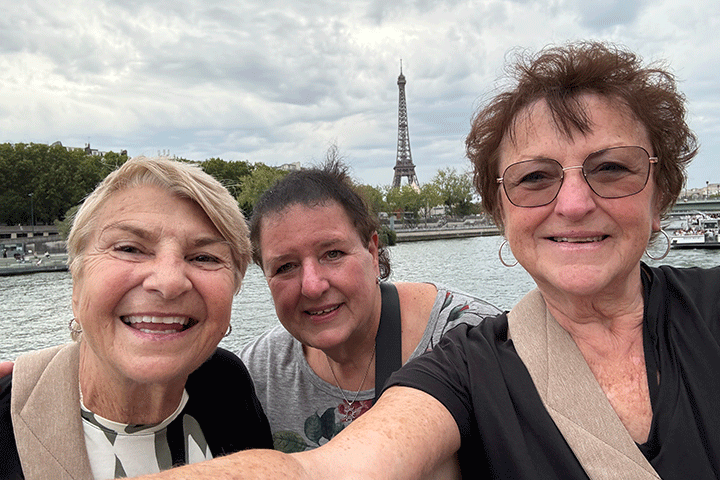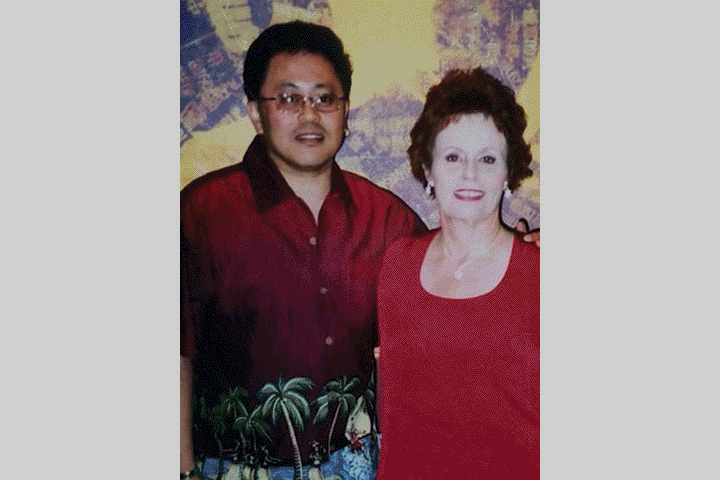My Pancreas Was Being Attacked
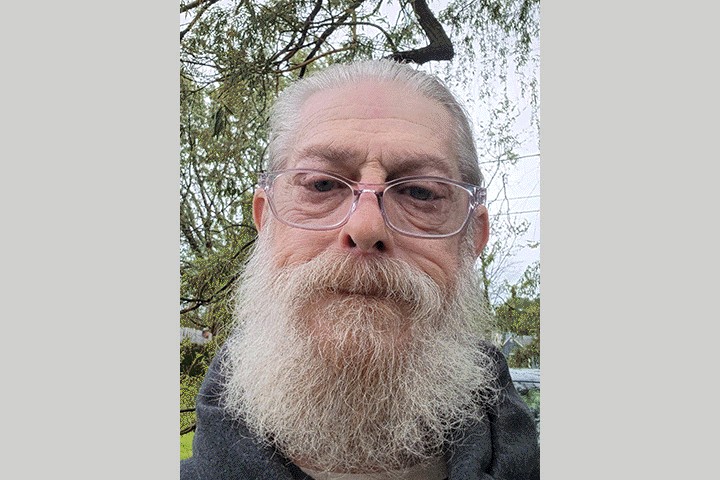
- Suspected UTI led to discovery of bile duct blockage
- Stent placement and further investigation found a tumor
- Whipple surgery was complicated by burst abdominal blood vessel
- Chemo paused by C. diff infections
My story may not be unique, but I hope it is helpful to others who are facing a similar diagnosis.
My journey began in November 2017 with what I thought was a urinary tract infection (UTI). I booked an appointment with my urologist and had a CT scan, which revealed that I had a blocked bile duct. The very next day I was admitted to the hospital.
Moving Quickly
I immediately had surgery to insert a stent. Once I recovered from that, my doctor ordered a full investigation of my GI tract as the CT scan indicated a possibility of cancer. After endoscopies for biopsies and brushing, we concluded with 97 percent certainty that my pancreas was being attacked. It turned out to be pancreatic adenocarcinoma. In the middle of all of this, I went to the local library and checked out an anatomy book. I never knew how complex a person’s gut was!
After three weeks of prep, diet change, and pre-op testing, my Whipple surgery was performed by Dr. Amer Zureikat at UPMC Hillman Cancer Center in Pittsburgh, Pennsylvania, on December 17, 2017.
Whipple Complications and Chemotherapy
The Whipple was a success, but it was complicated afterward by a burst abdominal blood vessel. So, I went to the ER and spent another week in the ICU.
Once I got home, I began chemotherapy–taking oral capecitabine—with Dr. David Seastone at the UPMC facility in my hometown of Erie. I took the pills on a schedule of 14 days on and seven days off. I had to stop twice due to multiple Clostridioides difficile (C. diff) infections, which caused diarrhea and other digestive problems. Once those cleared up, I was back on the chemo. The side effects were rough. I lost the skin on the palms of my hands and soles of my feet several times over the course of treatment.
I Am Alive
Today I am doing well. More than that, I am alive.
My advice for others is to keep a positive attitude. Get outside when you can. Enjoy your family and friends. For me, being inquisitive and active during the post op and chemo cycles was very important. Find a strong support group. Be active in your treatment programs. Ask your doctor every question you can think of. Get to know your doctors as friends during those appointments. And, of course, your techs too!
